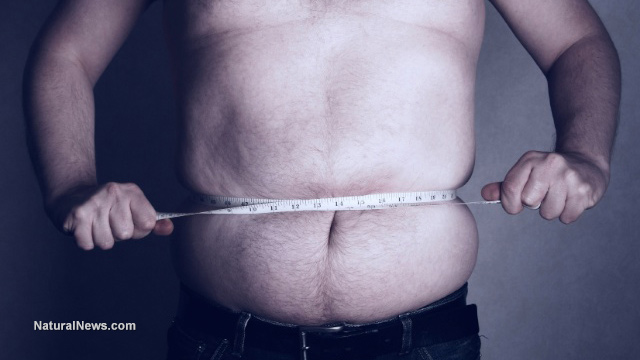Crash diets found to raise fat levels around the heart, deteriorate heart function, according to research
02/21/2018 / By Michelle Simmons

A new study has found that crash diets can lead to a temporary decline in heart health. The findings of the research were presented in the European Society of Cardiology.
- The researchers of the study examined the relationship between a very low-calorie diet and the heart health.
- The study was based on a sample of 21 obese individuals with a mean age of 52 and a body mass index (BMI) of 37 kilograms per square meter (kg/m2).
- The participants followed a very low diet of 600 to 800 kilocalories (kcal) a day for eight weeks.
- To determine the effect of a very low-calorie diet on the functioning of the heart and the distribution of fat in the abdomen, liver, and heart muscle, the researchers used magnetic resonance imaging (MRI) at the beginning of the study and after one and eight weeks.
- A week after, the total body fat, visceral fat, and liver fat of the participants dropped by an average of six percent, 11 percent, and 42 percent, respectively. Simultaneously, insulin resistance, fasting total cholesterol, triglycerides, glucose, and blood pressure significantly improved.
- Despite that, there was an increase of 44 percent in heart fat content, which was associated with a decline in heart function, such as the heart’s pumping of the blood.
- In the eighth week, heart fat content and function improved as well as body fat and cholesterol.
- The researchers say that although the decline was balanced in the eight weeks, the sudden decline in heart function may be harmful to people with heart problems as it could cause breathlessness and an irregular heartbeat.
Overall, the findings of the study indicate that crash diets can cause a sudden but temporary decline in heart health and may worsen the condition of people with existing heart disease.
Journal Reference:
European Society of Cardiology (ESC). “CRASH DIETS CAN CAUSE TRANSIENT DETERIORATION IN HEART FUNCTION.” ScienceDaily. ScienceDaily, 2 February 2018. <www.sciencedaily.com/releases/2018/02/180202123836.htm>.
Tagged Under: crash diets, diet, heart disease patients, heart fat content, heart function, heart health, very low calorie diet




















